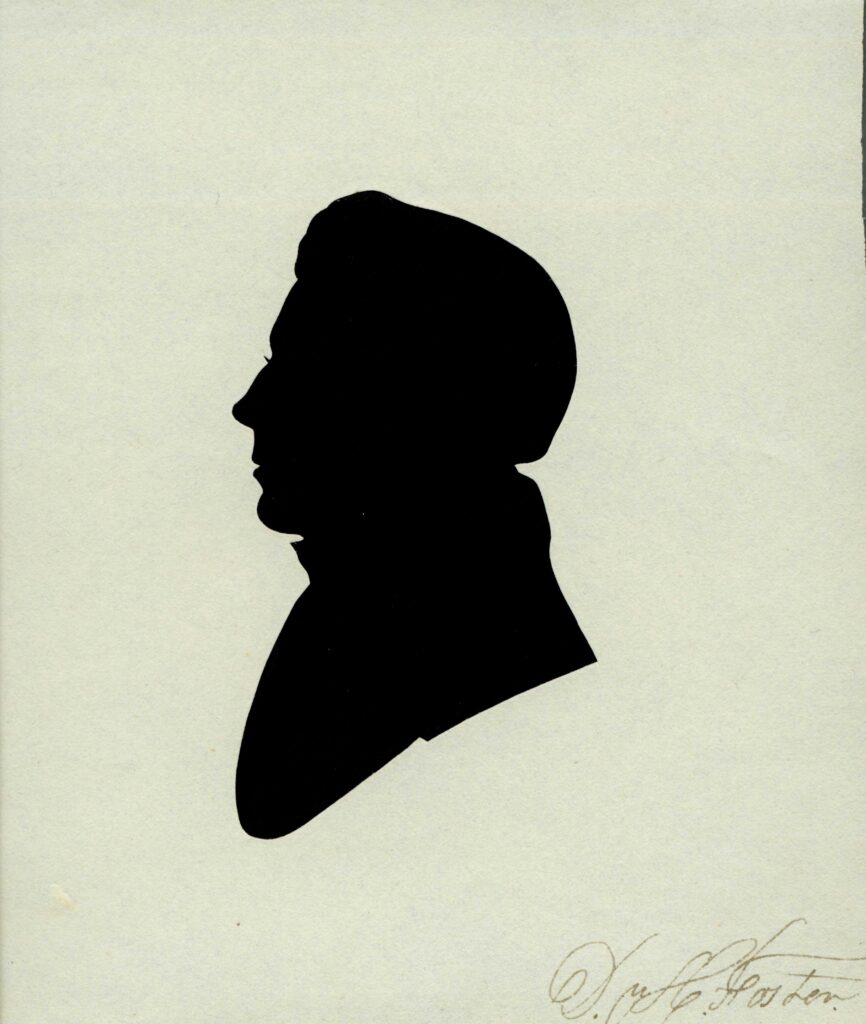
The Teen Troublemaker
David Haley Foster was born in 1807 in Topsham, Maine. He thus grew up close to Bowdoin and began his studies there in 1820 at the young age of thirteen. Foster was actually meant to be a member of the class of 1824, but things were not to go according to plan. During his first two years at Bowdoin, the college officers viewed him as one of the most “depraved and disgraceful” members of the student body. Foster lived with his parents in Topsham his first years at college, but that did not stop him from getting into trouble. He was constantly written up for neglecting his studies and being absent from obligations. Yet, the final straw came in the spring of his sophomore year in 1822. In February, Foster was caught breaking into his classmates’ rooms during vacation and then “prevaricating” about his actions before the Executive Government. Then, in April, Foster was charged with stealing money from three of his classmates. Because of this behavior, the Government voted to remove Foster from Bowdoin for 12 months and forced him to reapply for admission with proof of good behavior.
In 1823, Foster’s application to rejoin Bowdoin was successful and he took his place as a member of the Class of 1825. He spent his junior and senior years boarding alone at Mr. J. Grow’s. Foster’s experience with suspension did not completely change his misbehaving ways. He was cited six times by the college for absences and neglectful behavior after he returned to the school. As late as August of 1824, Bowdoin had to write to Foster’s parents about his behavior. Unsurprisingly, Foster was not among the ranked members of his class and he did not receive any honors at commencement. He was, however, able to graduate from Bowdoin, which was quite an impressive accomplishment for an eighteen year old.
After receiving his B.A., Foster went on to practice law. Starting in 1830, he worked as a lawyer around Kennebec County. Here, he was known for having “a respectable share of business,” and being “highly esteemed for his urbanity.” After 1839, his life underwent a drastic change. He left Maine for the Chesapeake and stopped practicing law to become a teacher of music and languages. He moved around Virginia and Maryland, eventually settling in Berlin, Maryland, where he ran a female seminary. In 1850, his health began to fail and he returned home to Topsham in hopes that he could recuperate. Unfortunately, Foster was not able to recover and he passed away from his illness at the age of 43. He left behind a wife and three children.